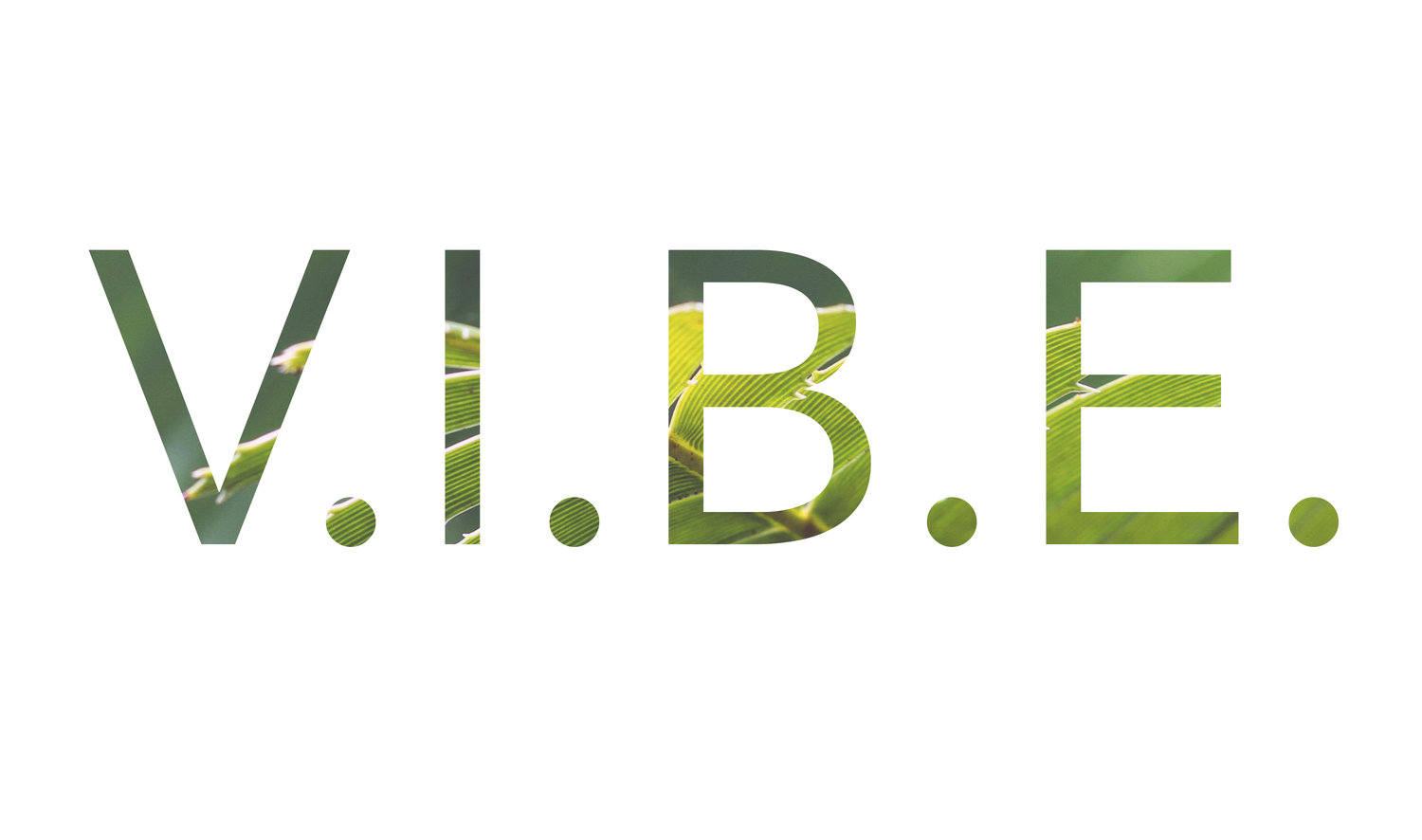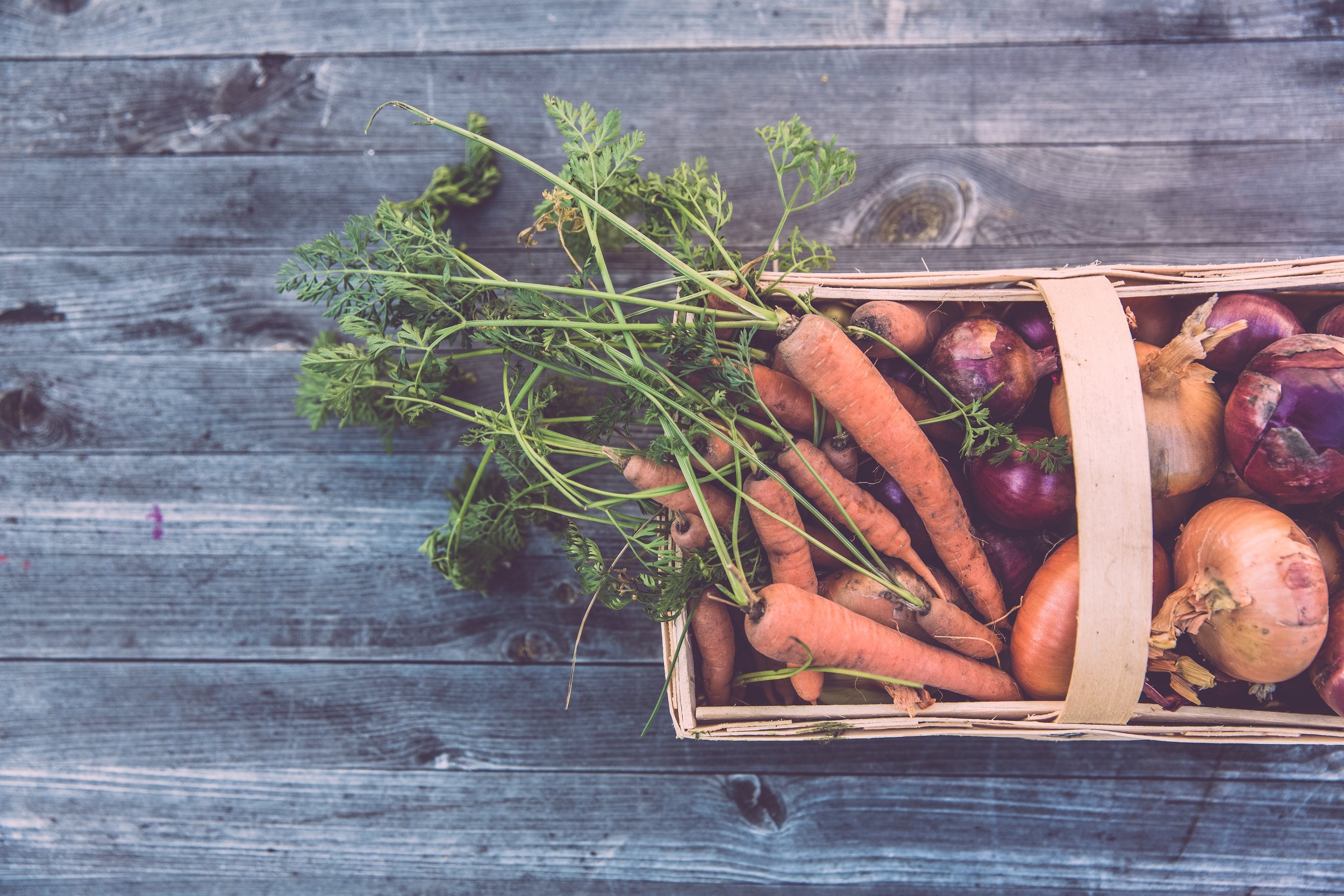Hi Guys! Today we’re talking about one of my favorite topics - the bacteria in your intestines!
Go have a “wow, that’s disgusting” moment, I’ll wait.
Back? Ok good.
In the last ten years or so Western science has come around to what Chinese medicine has been preaching for 3,000 years - health starts in your gut. One of the most important questions I ask a patient is, “how is your digestion?” Bloating, gas, food sensitivities, and even the color and shape of your poo gives valuable insight into how every organ in your body is working together. You may eat tons of veggies every day, but if you can’t digest and absorb nutrients then what’s the point?
Enter your microbiome - a unique profile of bacteria and microorganisms growing in your intestines. This bacteria breaks down food for absorption, boosts your immune system, sets your metabolism, and wards off disease. Yes, it sounds like a mini-computer in your body—and it sort of is!
Ready for a fun fact? The microbiome of an average adult can weigh at least three pounds. Other things that weigh 3 pounds: a box of wine, a two-slice toaster and…THE HUMAN BRAIN.
Current research is showing that specific changes in the gut microbiome are strongly correlated with a wide variety of diseases. One particularly interesting study showed that when obese patients were given a “fecal transplant” from thin patients (yup, that’s what you think), they lost weight. Beyond weight loss, scientists are finding targeted probiotics and fecal transplants can change the microbiome and are effective in treating everything from IBS to depression.
So how can you give yourself a “thin and healthy” microbiome?
Have you ever heard the saying “what you feed grows?” The “thin and healthy” bacteria thrive on a varied diet containing lots of plants. Conversely, processed foods, pesticides, prescribed antibiotics, and animal products that have been exposed to antibiotics starve these same bacteria. Without the “thin and healthy” bacteria, you gain weight while simultaneously reducing your body’s metabolism. Furthermore, these bad boys are partially responsible for producing the molecules that tell the brain you’ve eaten enough, so as they die you feel hungrier.
It’s interesting to know how easily our daily routine can kill the bacteria that is trying to help us. So, are you ready to start rebuilding your microbiome?
The Challenge
Probiotics and fermented foods are incredibly useful to quickly repopulate struggling healthy bacteria. This week incorporate a daily probiotic into your morning routine! Consume fermented foods, such as kombucha, kimchi, or miso, or take a probiotic capsule. Capsules are commonly found in the supplement aisle of your local supermarket. To insure the bottle you buy contains live bacteria choose one that is refrigerated in the store with an expiration date.
The next time someone tells you to, “listen to your gut,” go to the produce aisle. If you’re very very quiet, you may hear that little gut-brain whisper, “please feed me kale.” Eat the kale, eat it.

